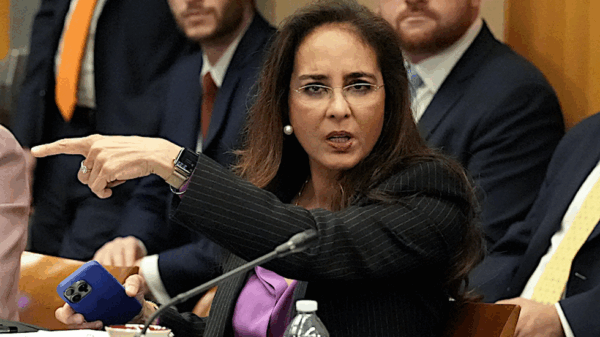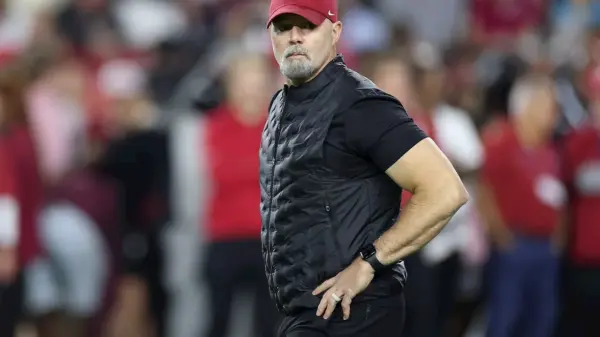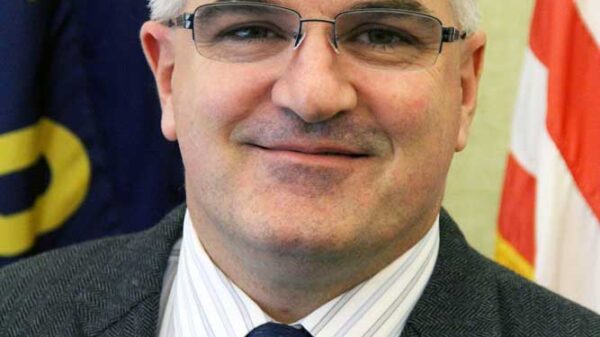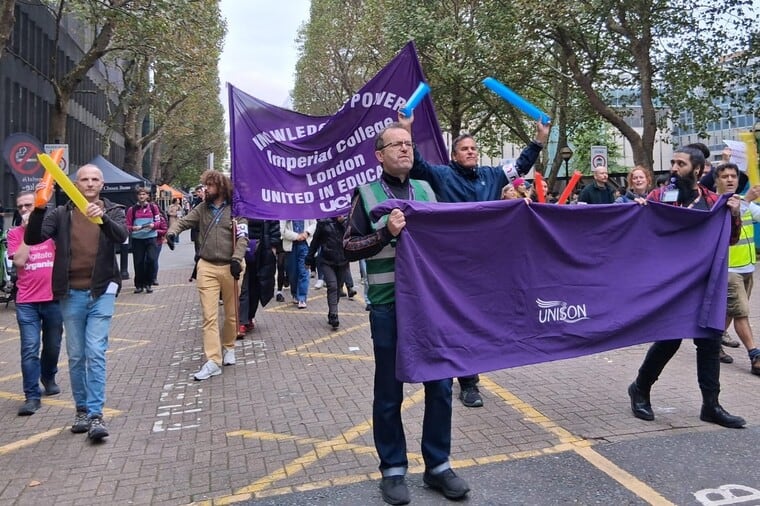Workers at Imperial College in West London engaged in a unified strike on March 5, 2024, demanding fair pay and improved working conditions. Members from three unions—UCU (University and College Union), Unison, and Unite—joined forces on the picket lines, expressing their determination to press management for better terms. This demonstration of solidarity comes as the unions prepare for a further strike on March 6, 2024.
Tanya, branch secretary of Unison, highlighted the strength of the collective action. “We need to show management our full force,” she stated. “They always underestimate the power of unions. But today shows we are taking it seriously. And so should they.” The workers are fighting against a proposed pay rise of just 2 percent, which they argue is inadequate given the current economic climate and their declining real wages.
Library worker Rebecca, a member of Unite, emphasized the broad impact of the strike. “This matters to all levels and all professions. It’s not academic workers versus support workers,” she said. The UCU has planned eight additional days of action, and both Unite and Unison are ready to escalate their actions if their demands are not met.
The financial situation at Imperial College raises questions about the management’s commitment to its staff. The institution boasts assets of approximately £2 billion, while its president received £476,000 in pay last year. Workers argue that their wages have decreased by 9 percent in real terms since 2018, leaving them feeling overworked and undervalued. Furthermore, the management has not engaged in negotiations regarding essential issues such as carers’ leave and flexible working arrangements.
On the picket lines, a vibrant atmosphere was evident, with dozens of workers gathered at the South Kensington campus and additional supporters at the White City campus. Notably, a local school group joined in the chants for fair pay as they passed by, illustrating the community’s support for the workers’ cause.
First-time striker Alina, a UCU member, expressed her discontent with the management’s approach. “The pay rise is nowhere near good enough. It’s like the university wants to see what it can get away with,” she remarked. “The president has said, ‘I will not negotiate with unions’—it’s insulting. It would be better to resolve this through negotiations, but we’ve not been given that route.”
Another new striker, Anja, criticized the management’s handling of the financial crisis in higher education. “With the state of higher education at the moment, having strong unions is really important,” she stated. “It’s essential that workers have more say in the workplace, which impacts both the quality of education and our quality of life.”
Unite member Slavo noted the significance of continued action. “We will have to keep striking. Otherwise, if we do nothing, it looks like we agree with what they are doing,” he explained. He acknowledged that while the two days of strikes might seem minor compared to larger demonstrations elsewhere in Europe, they are a crucial step in building momentum for change.
UCU branch vice president Tom Pike pointed out that recent actions by the Office for Students have set a precedent. The organization demanded compensation from Newcastle University for students affected by strikes, resulting in £2.4 million being paid out. “There are unintended consequences. Now students are entitled to compensation, which inadvertently gives workers in higher education much more leverage,” he said.
It is important to note that UCU members at Imperial College are not part of the national negotiations concerning a 1.4 percent pay increase. Nonetheless, the developments at Imperial are indicative of broader issues in the higher education sector, which should concern all institutions, especially those with fewer financial resources.
In related news, UCU members at the University of Leicester have initiated their second week of strikes, advocating against compulsory redundancies. Furthermore, workers at the University of Nottingham are set to continue their strike actions next week, while members of the EIS union at the University of the West of Scotland are participating in strike actions over the coming days.
The collective actions at Imperial College reflect a growing sentiment among university workers that they must stand together to demand the respect and compensation that their roles deserve. The outcomes of these strikes may have lasting implications for the future of employment conditions in higher education across the UK.



































































